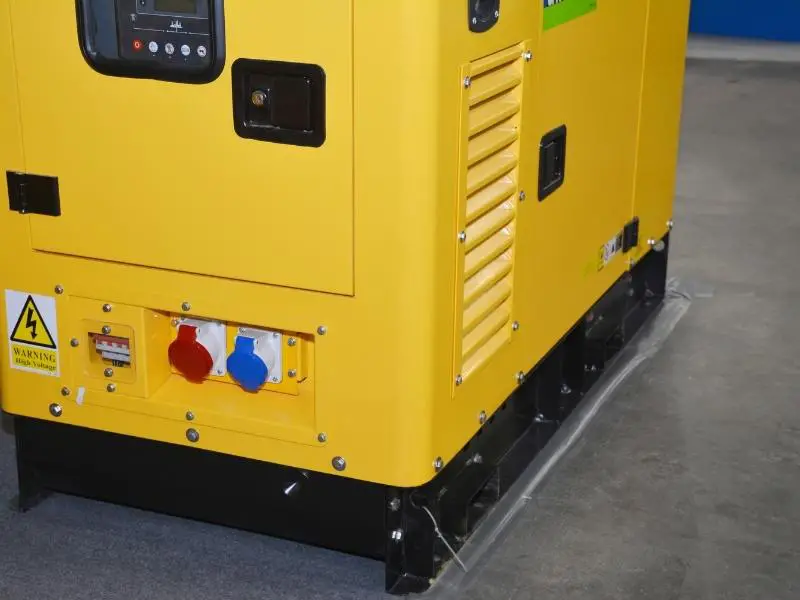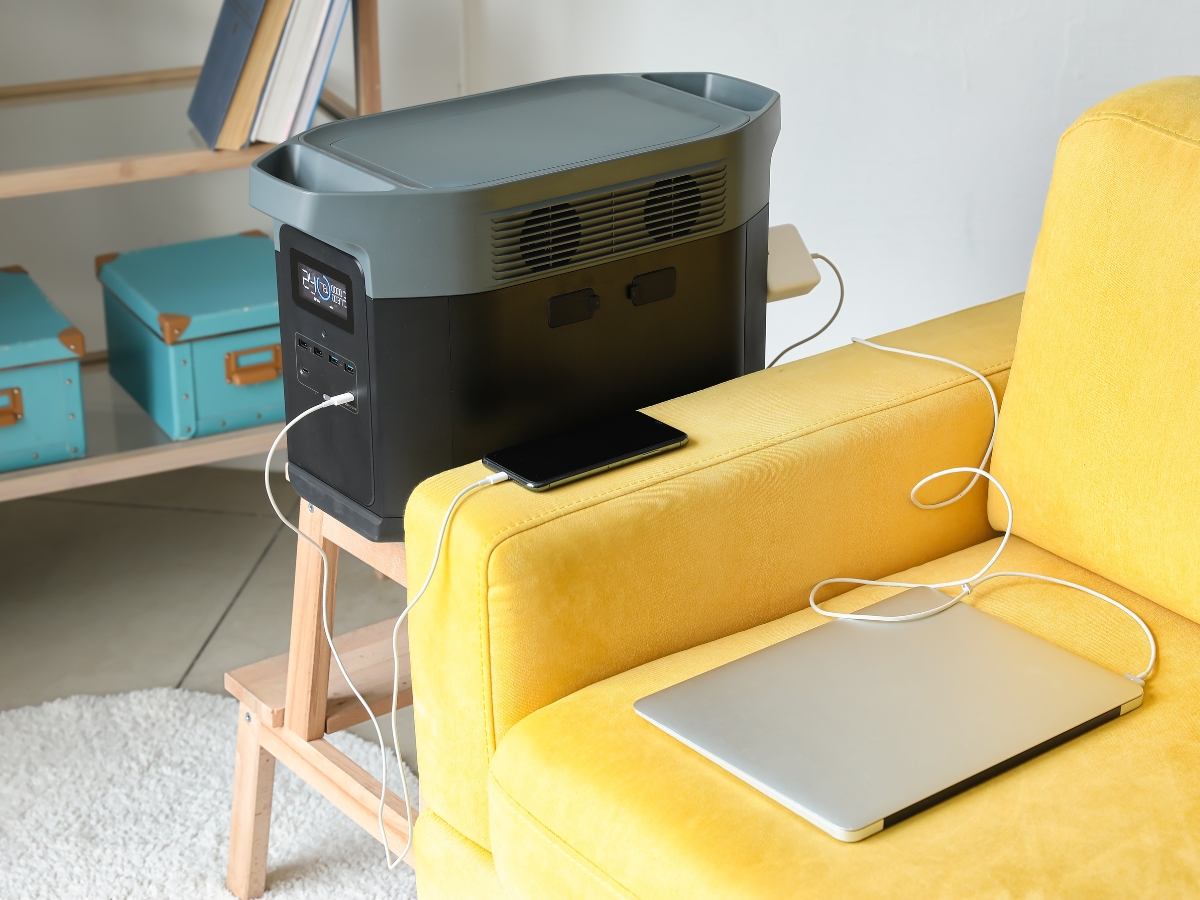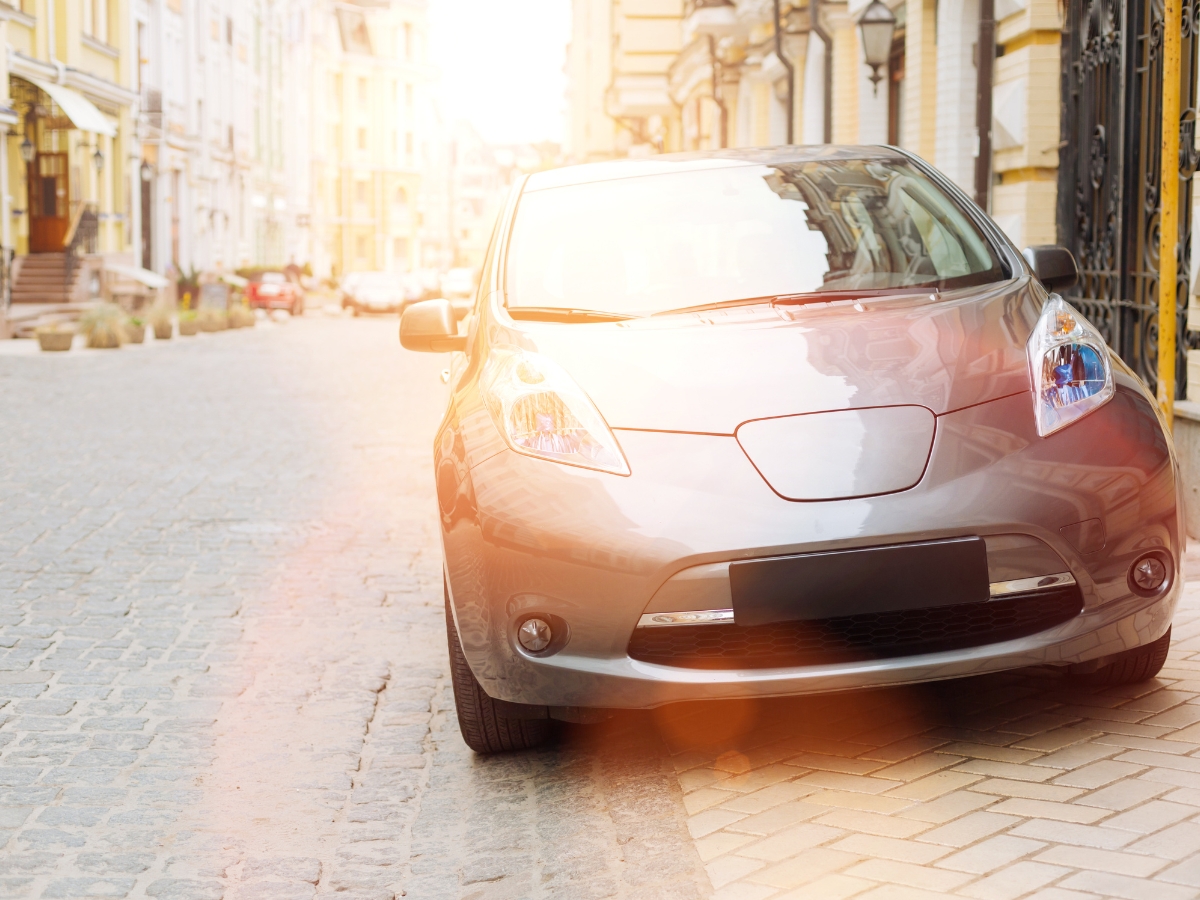Backup generators are becoming more popular, even with so many advancements in technology. Backup generators are in more stores and some neighbors have them.
A backup generator is required for power outages, breakages in your heating system, and repairs.
We will look at some of the vital reasons you need a generator.
- What genrerators do
- Why we need generators
- The types of generators
- How to pick the correct size generator
All may be well now that everything is working fine, but when the power goes out, you don’t want to rush out to the store to find them sold out. Be prepared to power your home without incoming power.

What is a Generator?
An electric generator is a contraption used to convert your energy from mechanical to electric.
Simply put, it’s a metal box, often large, used to generate power for various appliances in our everyday lives.
Generator Safety
It’s substantial to keep in mind that generators can be dangerous if not cautiously and carefully used. Following all listed safety instructions given in the operating manual included with your generator is of the utmost importance.
Why Do We Use Generators?
Generators are an excellent investment for several reasons. We use generators chiefly as a way to protect our homes and families.
Electric generators are primarily built to keep our power on and running at all costs.
Work
You might have a home office where internet use is necessary for your job. Having a working generator ensures that the likelihood of your internet malfunctioning stays low.
Family
Family members who need special living accommodations, such as small children or the elderly, may have equipment that must remain on at all times.
HVAC & Water Systems
Ensuring that your air conditioning, heating, and water systems function with zero interruptions is a priority, bearing in mind that we need these systems to live comfortably.
Security
You might even be a frequent traveler, meaning you’ll want a security system that performs no matter what.
Weather
Last but certainly not least, residing in an area prone to big storms or treacherous weather conditions often leads to significant power outages.
Having a generator assists you in each situation regardless of the severity. It’s crucial not only to own a generator but to have one of excellent quality to keep it operating as long as possible.
The 3 Generator Types
After receiving a bit of background information on the existence and usage of generators, let’s briefly go over the three main generator types.
It’s greatly substantial to recognize these three generator categories, given that one specific type is the best fit for everyday use in your home.
Portable
Portable generators are most commonly used for outdoor power equipment or tools on job sites. They run on battery power or unleaded gas.
Inverter
The inverter is most suitable for boating, camping, and tailgating. They are quieter, fuel-efficient, and impressively light in weight. You can often add an inverter to another existing generator to maximize power.
Home Standby
Most households widely use home standby generators. This generator is the one we’ll be going more in-depth on, considering it’s the device that your house lights are linked to.
These generators are installed permanently, operating on an existing fuel supply such as propane or natural gas. This keeps you from doing manual refueling.
Home standby generators start automatically, granting you 24/7 blackout protection needed to power any crucial home appliances and HVAC systems.
If your lights flicker when using a generator, that generator is undoubtedly in the home standby classification.
What are the Best Home Standby Generators?
Here’s a quick, comprehensive list of the best home standby generators in 2021:
- Generac Generators
- Cummins Generators
- Briggs & Stratton Standby Generators
- Champion Power Equipment
- Kohler Power Generators
Home Standby generators are typically at least 14kw, with options to run on diesel rather than propane or natural gas.
How To Decide If You Need An Inverter and Which One
As you can see, there are many ways to apply solar power. Voltage type, watt requirements, and storage are all variables you need to consider when going solar.
While all the options can be a challenge, they also provide the opportunity to accomplish what you want in a variety of ways. Start with the device, and work backward to supply the power it needs to do its job.
Why Do You Need An Generator ?
Alternatively to solar, most people that buy an inverter do so as they are subject to power failures, whether for a brief or extended period, and this motivates them to look for a backup power solution.
Inverters are quiet – certainly less noisy than generators – but they are more expensive considering the cost of an inverter and batteries against that of a generator.
However, inverters produce cleaner current, and this is more suitable for sensitive electronics like laptops and audio systems.
How Are You Going To Use Your Generator
The type and quantity of battery you buy will depend significantly on the power requirements you need and what kind of appliances you will be using the inverter to drive when the power goes out.
If you don’t have a lot of power cuts and when you do have them they don’t last for very long, and you only need to use small appliances like TVs, Wifi, laptops, and some low voltage chargers, then lead-acid batteries would probably be suitable as they would be able to provide the current needed and wouldn’t incur a high upfront cost.
If you need more power and don’t want to worry about maintenance, then either the maintenance-free batteries or tubular batteries. Lithium-ion batteries would be a better option for optimal performance, but they do cost more.
Generator Size
If you are looking at an inverter, you have some power supply issues that are frustrating you, and you don’t want to be in the dark when the power goes out.
Before you run off and buy an inverter and the battery or batteries that go with it, you need a fundamental understanding of what size inverter you would need. Fortunately, this is not a complicated calculation at all.
What Size Generator Would You Need?
Before even considering battery types and sizes, you need to know what size inverter you will need, determining the battery requirements.
To determine the inverter size, you need to know the total wattage of the appliances or devices you want to run when the power goes out.
To do this, find the watts of each device, and this information is usually listed on the device label and then added up all the wattages to get a final figure. Here is a typical list of appliances you may want to run with an inverter.
| Device | Wattage |
| Laptop | 100W |
| Fridge | 1000W |
| Internet Router | 50W |
| Lights | 200W |
| TV | 250W |
| Printer | 50W |
The total wattage here is 1650W, and then you need to add in the safety margin of around 20%, so this would give you a final figure of 1980W, so the inverter size would be a 2000W or 2kW inverter.
You need to take that and determine how long you need the battery power to last for. Remember that these devices won’t all be running simultaneously, so you’d only have enough energy for half the required time.
To run these devices for eight hours, you need to calculate the power required to run them at full power for four hours.
How To Calculate The Generator Size You Need
When looking at an inverter, the question is about what devices or appliances you want it to run when the power goes down.
If you only need it to run a mobile phone charger, TV, Wifi router, and a laptop, you won’t need a monster system to do that, whereas if you want to run your fridge as well, you would need it to consider a bigger one.
To calculate the inverter size required, you need the total wattage of all the devices you want to run, and that will give you the ballpark figure in terms of inverter size, as an example of a range of devices that an inverter could run, look at the table below.
| Device | Wattage |
| Laptop | 100W |
| Fridge | 1000W |
| Internet Router | 50W |
| Lights | 200W |
| TV | 250W |
| Printer | 50W |
By adding up all the wattages, you get to 1650W. But that isn’t the end of the calculation.
You need to add a safety margin for the startup power required for the fridge, but you would do this as a general rule to give yourself a safety net.
So, let’s add 20% to this figure to get a more accurate wattage, and that would now become 1980W, so to round this off, a 2kW inverter would provide enough power to run these devices.
It would help determine how long they need to run for, which requires a bit more mathematics. If you need them to run for four hours, remember that they won’t all be running for that time, so we use 50% of the time required in the calculation.
Sources



